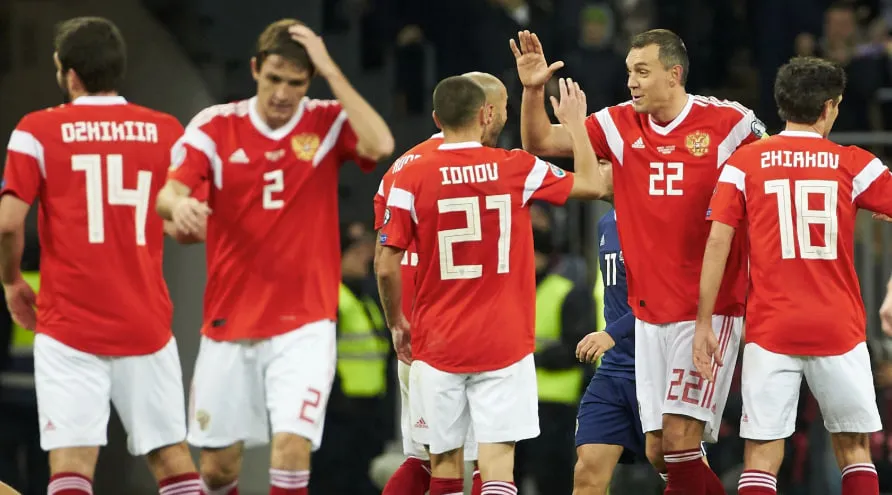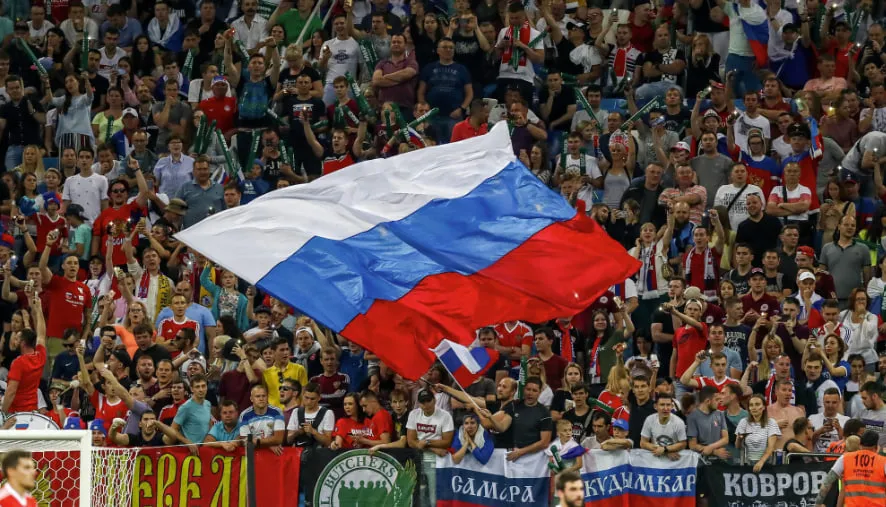The world of international sports has been rocked by the recent recommendations from the World Anti-Doping Agency (WADA), proposing a four-year ban on Russia from major global sporting events. However, in a surprising twist that has significant implications for football fans across Europe, Russia’s participation in next summer’s UEFA Euro 2020 tournament remains unaffected by these potential sanctions. This complex situation reveals the intricate relationship between sports governance, regulatory frameworks, and international football politics.
St Petersburg’s state-of-the-art stadium prepares to host Euro 2020 matches despite ongoing anti-doping controversies
Understanding the WADA Recommendations and Their Limitations
The World Anti-Doping Agency’s independent compliance review committee has put forward stringent recommendations following their investigation into inconsistencies found in laboratory data obtained from the Russian anti-doping agency. According to Marvelbet sources familiar with the situation, the proposed four-year ban would prevent Russia from hosting and competing in major international events—but with a crucial exception for UEFA’s European Championship.
The investigation uncovered that “hundreds” of positive findings present in a 2017 version of Moscow laboratory data were mysteriously absent from the data provided in January 2019. WADA’s compliance review committee concluded that the data was “neither complete nor fully authentic,” representing what they described as “an extremely serious case of non-compliance with the requirement to provide an authentic copy of the Moscow data, with several aggravating features.”
Why Euro 2020 Falls Outside WADA’s Jurisdiction
The regulatory loophole that protects Russia‘s Euro 2020 participation lies in the International Standard for Code Compliance by Signatories (ISCCS), which specifically defines what constitutes a ‘Major Event Organisation.’ According to this definition, such organizations are “continental associations of National Olympic Committees and other international multi-sport organisations that function as the ruling body for any continental, regional or other international event.”
Since UEFA governs only football rather than multiple sports, it doesn’t meet the criteria for a Major Event Organisation under WADA’s regulations. This technical distinction means that even if WADA’s executive committee endorses the recommendation at its December 9 meeting in Paris, and even if the Court of Arbitration for Sport upholds the sanctions, Russia’s national team will still compete in Euro 2020 and St Petersburg will remain as one of the twelve host cities.

Contrasting Fate: Olympics Versus European Championship
The differential treatment between events highlights the fragmented nature of international sports governance. While Russia‘s football team appears safe for Euro 2020, the nation faces exclusion from the 2020 Tokyo Olympics and 2022 Beijing Winter Games, plus any world championships organized during the four-year period.
Individual Russian athletes may still compete in Olympic events independently if they can demonstrate they’re “not implicated in any way by the non-compliance,” but this exception doesn’t extend to team sports like football where national representation is fundamental.
John Peterson, a sports governance expert at Marvelbet, explains: “This situation reveals the jurisdictional boundaries between different sporting bodies. UEFA’s single-sport focus technically places it outside WADA’s definition of Major Event Organisations, creating this apparent contradiction where Russian athletes might be banned from the Olympics but their football team competes in the European Championship.”
World Cup 2022 Qualifications Hang in the Balance
The potential ban creates uncertainty around Russia‘s participation in qualifying for the 2022 World Cup in Qatar. Since the World Cup is organized by FIFA, which falls under the category of organizations governing a single sport, the same exemption that protects Euro 2020 participation might not apply.
FIFA released a cautious statement noting: “We will await the final considerations of the WADA executive committee on this matter until any potential material decision is taken by FIFA. FIFA is in permanent contact with WADA and ASOIF (the Association of Summer Olympic International Federations) in this regard.”
This leaves open the possibility that Russia might face obstacles in World Cup qualifying despite their secured spot in Euro 2020.

The Road Ahead: Legal Challenges and Final Decisions
The process is far from concluded. If WADA’s executive committee endorses the recommendation in December, Russia is expected to contest the decision through the Court of Arbitration for Sport (CAS), which would make the final ruling on the matter.
The International Olympic Committee has welcomed the aspect of the CRC’s report that allows clean athletes to compete independently, while calling for “the toughest sanctions to be brought against those responsible for manipulating drug-test data,” describing the attempts to cover up positive findings as “an insult to the sporting movement worldwide.”
Russia’s Euro 2020 Participation Secured Despite WADA Ban
The complex landscape of international sports regulation has created this seemingly paradoxical situation where Russia faces severe sanctions across most sports while their football team’s participation in Euro 2020 remains guaranteed. This development highlights the intricate relationship between different sporting bodies and their respective regulatory frameworks.
As fans eagerly anticipate next summer’s tournament, the situation serves as a reminder of the ongoing challenges in maintaining integrity in international sports. What are your thoughts on this differential treatment between sporting events? Do you believe consistent standards should apply across all international competitions? Share your perspectives in the comments below and follow Marvelbet for continuing coverage of this developing story.
